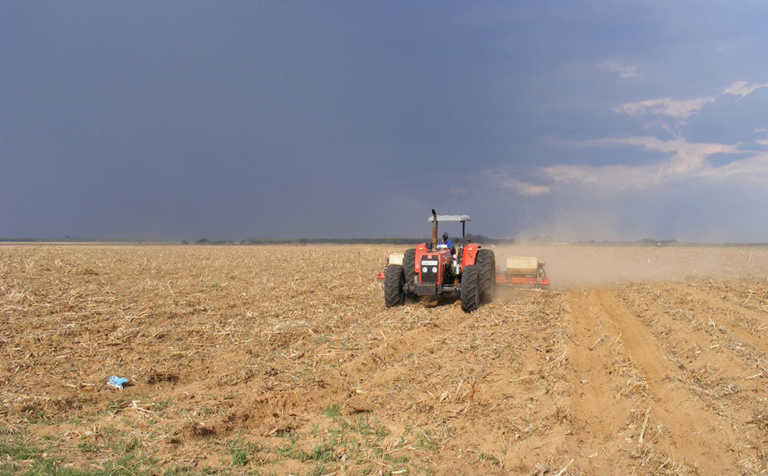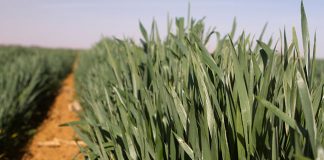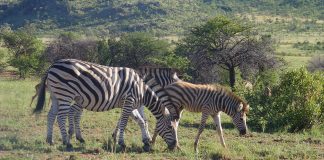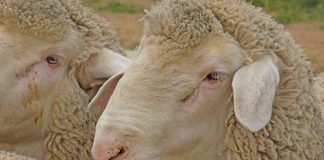
Indications were that the majority of maize plantings in the western Free State and the North West would occur outside of the areas’ optimum planting window. The planting period lasts from mid-November to mid-December.
Ben Otto, maize producer from Wesselsbron, said that while he had received enough rain to plant at the beginning of December, more rain was needed to see the crop through the rest of the season.
According to him, producers in large parts of Wesselsbron and Hoopstad had been unable to plant because of the dry conditions. “We need at least 50mm of rain for the crop to develop optimally,” Otto said.
According to the GSA statement, the lack of rain could mean that producers would switch to planting sunflower instead of maize, as sunflower could be planted until the first half of January.
Maize and soya bean plantings in Mpumalanga were completed, but the crops suffered some damage as a result of cold conditions earlier in the season.
Meanwhile, producers in KwaZulu-Natal were nearing the end of the planting season, and had planted between three and four weeks later than usual because of a lack of rain.
More than 80% of the hectares earmarked for maize and soya bean in the southern parts of the eastern Free State, including Retz, Frankfort, and Villiers, had been planted.
In the northern parts of the eastern Free State, including, amongst others, Ladybrand and Clocolan, insufficient rain had occurred, and very few hectares had thus far been planted.












